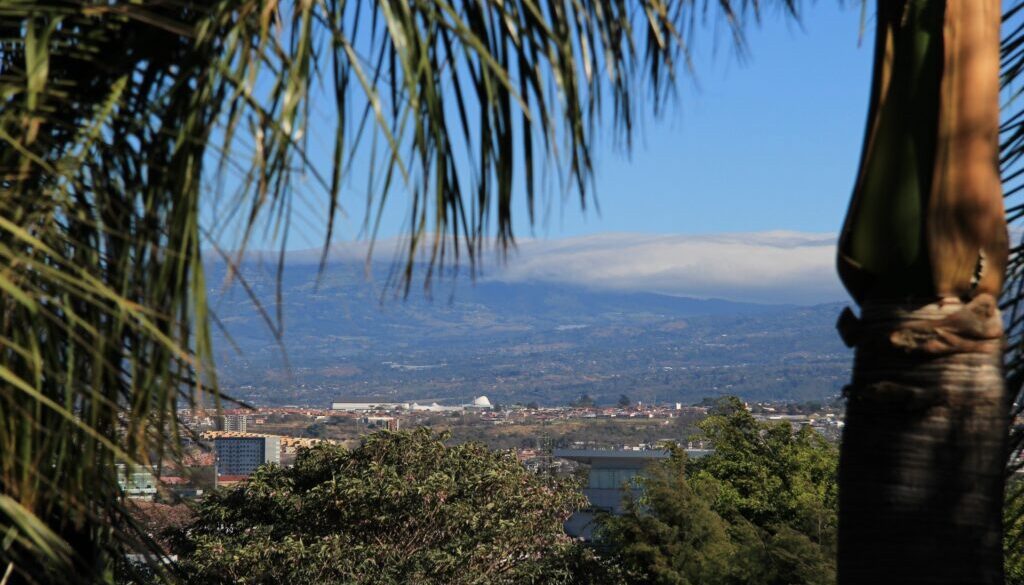Costa Rican industrial competitiveness must increase to attract more FDI
Table of Contents
Contact the Central American Group to establish a nearshore manufacturing operation in the Green Park Free Zone in Costa Rica
Costa Rica continues to be an attractive country for Foreign Direct Investment (FDI). Analysts from Costa Rica’s ACOBO Financial Group point out that the country’s main competitive advantages are its political and economic stability, legal certainty, educated and qualified labor force, and Free Trade Zone Regime. However, some improvements can still be made to bolster Costa Rican industrial competitiveness to encourage the entry of more significant foreign direct investment (FDI) flows into the country.
Greater Costa Rican industrial competitiveness is contingent on several factors
For Orlando Soto, general manager of Grupo Financiero ACOBO, the issues that should be prioritized are the development of infrastructure and the reduction of energy costs. The country must also work to eliminate paperwork and bureaucratic red tape, facilitate access to sources of credit and train human resources to provide industry with the personnel it needs to thrive. “Improvements in these areas are essential to increase Costa Rican competitiveness with respect to other regional economies,” said Soto.
Soto added that to meet the needs related to improving Costa Rican industrial competitiveness, the country must resolve its public finance issues. This would mean curbing the growth of total government expenditures. Because of fiscal challenges facing the nation, different administrations that have been in power in recent years have sacrificed addressing needed capital expenditures ( investments in public works). As a result, the resources available for making capital improvements, such as highways, ports, airports, and other necessary infrastructure, need to be increased to address the exigencies related to the nation’s growth. In addition, he pointed to the recent behavior of the currency’s exchange rate (nominal and real) and the level of public service tariffs as other factors that have also affected Costa Rican competitiveness.
“Also, it is necessary to improve the execution of infrastructure projects in the public sector since an inability to execute needed capital improvements causes development lags in important areas to improve the competitiveness of the Costa Rican economy,” he said.
The public and private sectors must work together
In addition to the efforts to attract FDI and improve Costa Rican industrial competitiveness, the different actors in society (public and private) must also set common objectives to obtain more significant benefits from the country’s current development model. “Public policies must guide the way forward and be considered to fully address the needs faced by the private sector. For example, institutions such as the INA, the country’s National Training Institute, and the universities play a key role in preparing qualified personnel to face the new market realities that guide employment requirements in industry,” Soto said.
He added, “Costa Rica has undoubtedly done an excellent job, but there is still a lot to be accomplished to ensure Costa Rican industrial competitiveness now and in the future. Improving the country’s ability to compete is key to continuing to be an attractive destination for foreign direct investment flows. This improvement process must be pursued so that the benefits obtained make it possible to generate greater economic growth that the Costa Rican economy needs to face other challenges and thus maximize the well-being of its citizens,” said Soto.
State of FDI and Costa Rican industrial competitiveness
According to data from the 2021 Greenfield Industrial Performance Index, for countries its size, Costa Rica earned first place as the world’s best-performing small nation in the capture of foreign direct investment. The Industrial Performance Index evaluated eighty-four comparably sized countries. Costa Rica earned a total score of 11.4. As further proof of Costa Rican industrial competitiveness, data collected by fDi markets reveals that, in 2020, the country attracted a cumulated 96 FDI projects.
Most of the total foreign direct investment that entered the country in recent years went to the service sector. This has been followed by investment in manufacturing (mainly in the medical device industry) and agriculture.
Recent data from the Costa Rican Development Coalition (CINDE) indicates that more than three hundred multinational companies have selected Costa Rica to install one of their strategic, operational production facilities. Together they have generated approximately 7,500 direct labor jobs, which in Soto’s opinion, reflects the fact that the country continues to be attractive to foreign corporations. However, he believes Costa Rica can improve on this number with more people with professional or technical training and greater mastery of a second language.
Contact Us
Please use this form to contact us and we will respond as soon as possible:





